In a cultural landscape where reality television thrives on high stakes and emotional narratives, a provocative new concept has emerged: a show that offers U.S. citizenship as its grand prize. Tentatively titled The American, this unproduced reality TV pitch has ignited a firestorm of debate, raising questions about immigration, national identity, and the ethics of gamifying a process that for many represents years of struggle. While the idea has been met with both intrigue and outrage, it also prompts a deeper exploration of what it means to become an American, the complexities of the U.S. immigration system, and the role of media in shaping public perceptions of citizenship.
Origins of The American: A Bold Pitch
The brainchild of producer Rob Worsoff, known for his work on reality TV hits like Duck Dynasty and The Millionaire Matchmaker, The American proposes a unique format. Immigrants would compete in a series of challenges across the United States, ranging from physical feats to trivia contests about American history and culture. The winner would be awarded the ultimate prize: U.S. citizenship, a legal status that millions pursue through a labyrinthine bureaucratic process.
Worsoff’s vision, as he described in an interview with The New York Times, is to create a show that celebrates the immigrant experience while fostering a national conversation about American identity. “We need to put a face to these people and celebrate them as humans,” he مبتلا System: said, emphasizing that the show would highlight the personal stories, dreams, and resilience of its contestants. Unlike other reality shows where elimination carries harsh consequences, Worsoff has promised that no contestant would face penalties or deportation for losing, framing the competition as a positive, uplifting experience.
The Department of Homeland Security’s Involvement
The pitch gained significant attention when reports surfaced suggesting that the Department of Homeland Security (DHS) was considering the idea. According to initial claims, DHS officials had given the concept a tentative nod, sparking speculation about government involvement in a reality TV venture. However, the DHS swiftly issued a rebuttal, titled “Fake News Friday,” accusing media outlets of sensationalizing the story. The agency clarified that Secretary Kristi Noem had no knowledge of the project and had not endorsed it.
“The report is an affront to journalism,” the DHS stated, distancing itself from the pitch and labeling it a media hoax.
Yet, the DHS’s response was not a complete dismissal. Assistant Secretary Tricia McLaughlin, in a more measured tone, acknowledged the pitch’s patriotic intent. “The pitch generally was a celebration of being an American and what a privilege it is,” she noted, suggesting that the concept aligned with values of civic duty. This mixed messaging—publicly denouncing the story while privately acknowledging the pitch—has fueled speculation about the project’s viability and the government’s stance on such an unconventional idea.
The Ethics of Gamifying Citizenship
At its core, The American raises a fundamental question: Is it appropriate to turn the pursuit of citizenship, a deeply personal and often arduous journey, into a spectacle for public consumption? For many immigrants, obtaining a green card or citizenship involves years of navigating legal, financial, and emotional challenges. The process is governed by the Immigration and Nationality Act (INA), which outlines strict eligibility criteria, including lawful permanent residency, English proficiency, and a demonstrated knowledge of U.S. history and government. These requirements are not easily condensed into a game-show format, nor are they designed for entertainment.
Celebration or Exploitation?
Critics argue that The American risks trivializing the immigrant experience by framing citizenship as a prize to be won rather than a right to be earned. Immigration advocates have expressed concern that the show could exploit contestants’ vulnerabilities, turning their personal stories into fodder for ratings. “The journey to citizenship is not a game,” said one immigration attorney in a public statement. “It’s a process steeped in sacrifice, and reducing it to a reality show risks dehumanizing those who undertake it.”
Moreover, the concept raises questions about fairness. The U.S. immigration system is already criticized for its inequities, with wealthier applicants often able to navigate the process more easily than those with fewer resources. A reality show that selects a single winner could exacerbate perceptions of an arbitrary or elitist system, where citizenship is awarded based on performance rather than merit or need.
A Platform for Immigrant Stories
On the other hand, supporters of the concept argue that The American could humanize immigrants in a way that policy debates often fail to do. By showcasing contestants’ backgrounds, struggles, and aspirations, the show could challenge stereotypes and foster empathy among viewers. Worsoff has emphasized that the show would not only focus on competition but also serve as a platform for storytelling, highlighting the diversity of the immigrant experience.
“We’re not just creating a game show,” Worsoff said. “We’re creating a love letter to America and the people who want to call it home.”
This perspective aligns with broader trends in reality television, where shows like America’s Got Talent and Extreme Makeover: Home Edition have successfully blended entertainment with emotional narratives. By framing immigration as a shared journey toward a common goal, The American could, in theory, bridge divides in a polarized national discourse.
Legal and Practical Challenges
Beyond the ethical debate, The American faces significant legal and logistical hurdles. The naturalization process is tightly regulated, and granting citizenship through a reality show would require unprecedented cooperation between private producers and federal agencies. The INA does not provide for exceptions or alternative pathways to citizenship based on competition, meaning that any winner would still need to meet existing legal requirements.
Navigating Federal Regulations
One major obstacle is the requirement of lawful permanent residency, or a green card, which typically precedes citizenship. Most immigrants must hold a green card for at least five years before applying for naturalization, a timeline that does not align with the fast-paced format of reality television. Additionally, applicants must pass a civics exam and demonstrate English proficiency, skills that may not translate directly to the challenges envisioned for The American.
Any attempt to bypass these requirements would likely face legal challenges. Immigration law experts have noted that altering the naturalization process for a TV show could set a dangerous precedent, undermining the integrity of the system. “Citizenship is not a commodity,” said a legal scholar in a recent op-ed. “It’s a legal status with profound implications, and treating it as a prize risks eroding public trust.”
Precedents in Reality TV
While The American is unprecedented in offering citizenship, reality television has a history of engaging with themes of transformation and national identity. Shows like Survivor and The Amazing Race have tested contestants’ resilience and teamwork in high-stakes environments, often framing their journeys as metaphors for personal growth. Similarly, programs like Who Wants to Be a Millionaire have dangled life-changing rewards, albeit financial rather than legal.
However, the stakes of citizenship are uniquely complex. Unlike cash or material prizes, citizenship confers rights, responsibilities, and a permanent change in legal status. The prospect of awarding it through a game show raises questions about oversight, fairness, and the potential for public backlash.
The Broader Context: Immigration in the Public Eye
The controversy surrounding The American reflects broader tensions in how immigration is portrayed in media and politics. In recent years, immigration has been a lightning rod for debate, with discussions often polarized between calls for stricter enforcement and demands for more humane policies. Reality television, with its ability to reach millions of viewers, has the potential to shape public perceptions in ways that policy discussions cannot.
Media’s Role in Shaping Narratives
Historically, media representations of immigrants have ranged from sympathetic to stereotypical. Shows like 90 Day Fiancé have drawn criticism for sensationalizing the challenges of immigration, while documentaries and scripted dramas have offered more nuanced portrayals. The American could, in theory, occupy a middle ground, combining the accessibility of reality TV with a focus on authentic stories.
However, the risk of exploitation remains. Reality TV thrives on drama, and producers often prioritize conflict over substance. If The American were to emphasize sensational challenges or manufactured rivalries, it could undermine its stated goal of celebrating immigrants.
Public Perception and Civic Identity
At a time when civic engagement is perceived to be declining, The American
Hidden Truths and Unanswered Questions
While The American remains a hypothetical concept, its emergence reveals underlying truths about the intersection of entertainment, politics, and identity. The fact that such a pitch was even considered by DHS, however briefly, suggests a willingness to explore unconventional approaches to immigration. It also highlights the power of media to amplify marginalized voices—or to exploit them for profit.
The DHS’s Pitch Pipeline
The DHS’s acknowledgment that it receives “hundreds of television show pitches” each year is a revelation in itself. This little-known aspect of the agency’s operations raises questions about how government entities engage with media and what criteria they use to evaluate such proposals. While most pitches likely languish in bureaucratic limbo, the attention garnered by The American suggests that bold ideas can break through, even if only to spark controversy.
The Immigrant Experience in 2025
The debate over The American also underscores the challenges facing immigrants in the United States today. As of 2025, the immigration system remains strained, with backlogs for green cards and citizenship applications stretching years. For many, the promise of the American Dream feels increasingly out of reach, overshadowed by legal hurdles and political rhetoric. A show like The American could either illuminate these struggles or gloss over them in favor of feel-good entertainment.
Conclusion: A Divisive Vision
The American is a concept that encapsulates the contradictions of modern America: a nation that celebrates its immigrant roots while grappling with how to integrate newcomers; a society that values entertainment but struggles to address systemic inequities. Whether the show ever makes it to air, its mere proposal has sparked a conversation that goes beyond reality TV, touching on questions of fairness, identity, and the meaning of citizenship.
For now, The American remains a pitch—a bold, divisive, and untested idea. Its fate may depend on whether producers, policymakers, and the public can reconcile its ambitious vision with the complex realities of immigration. Until then, it serves as a mirror, reflecting both the aspirations and the anxieties of a nation still defining what it means to be American.









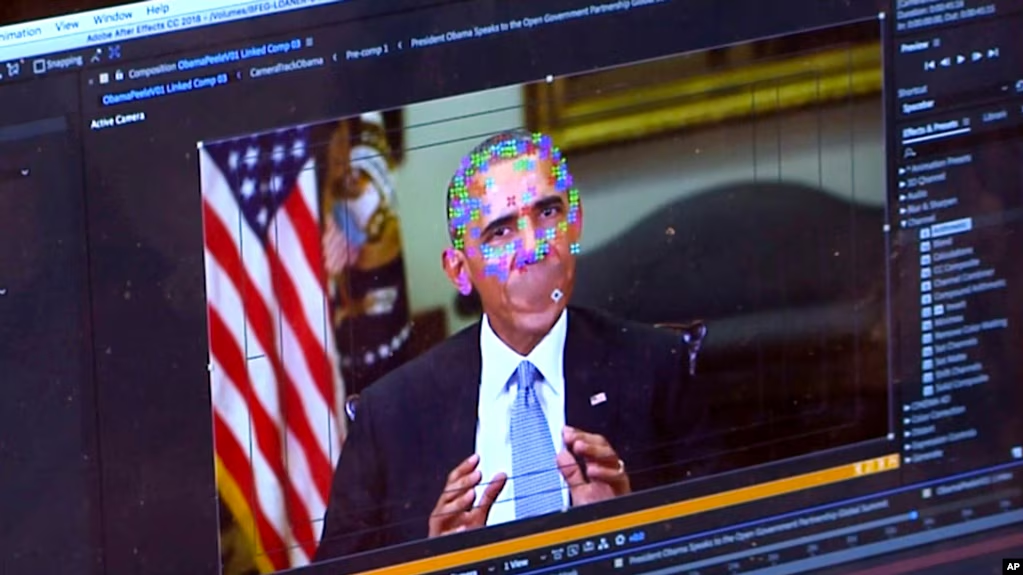


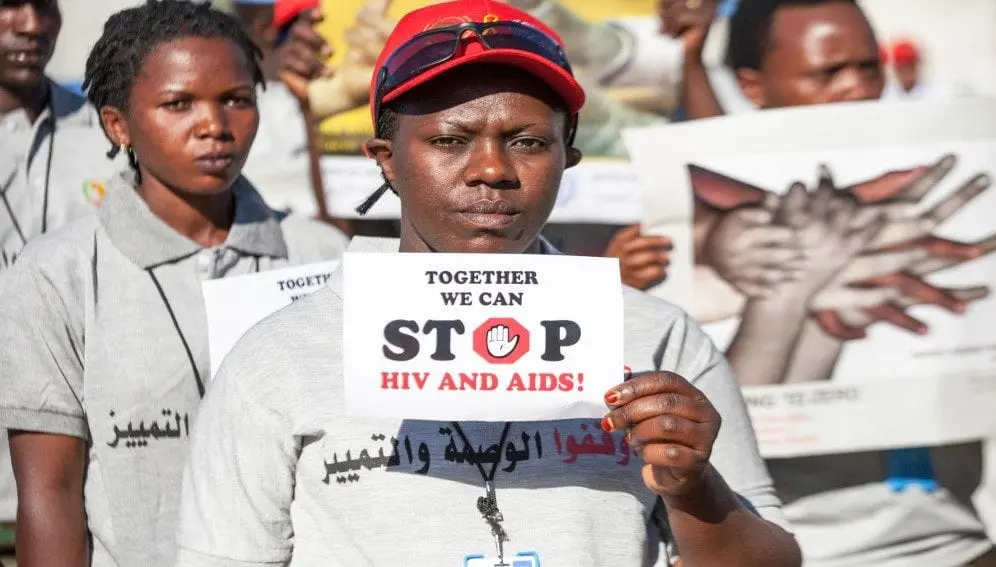
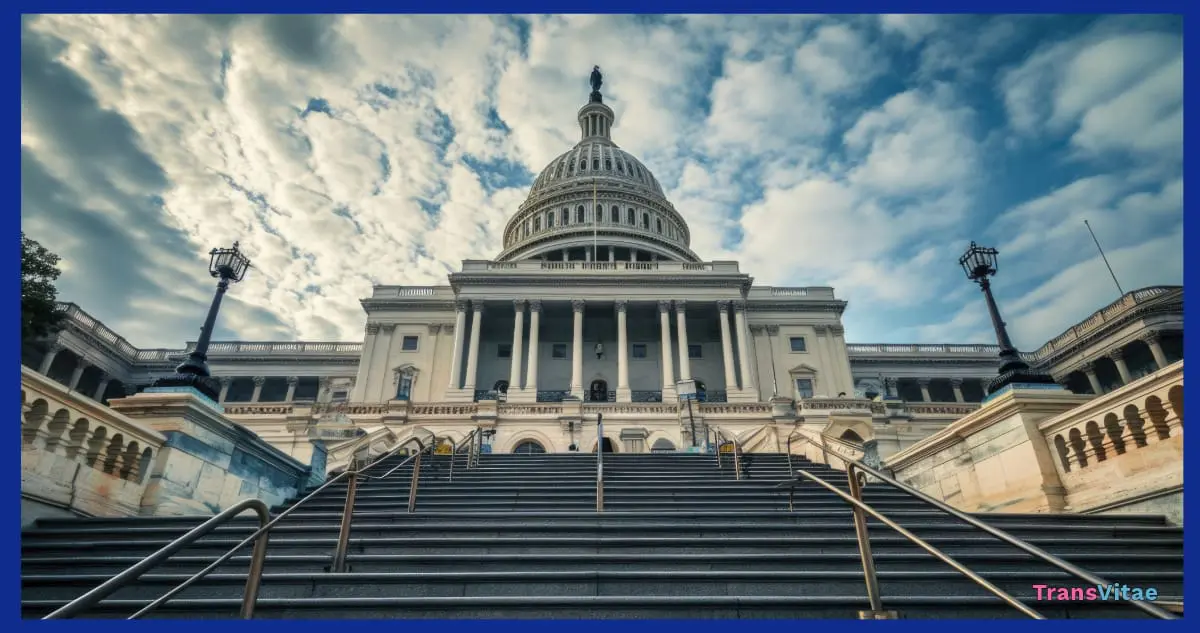






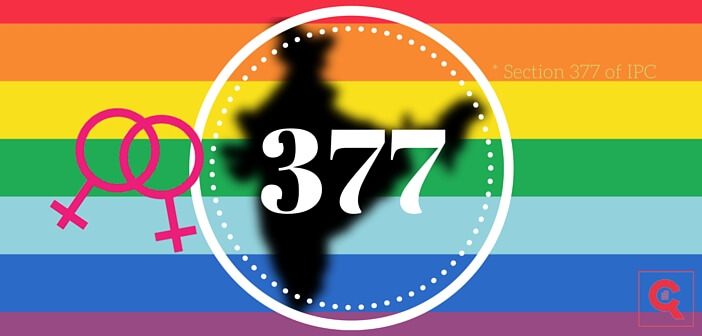

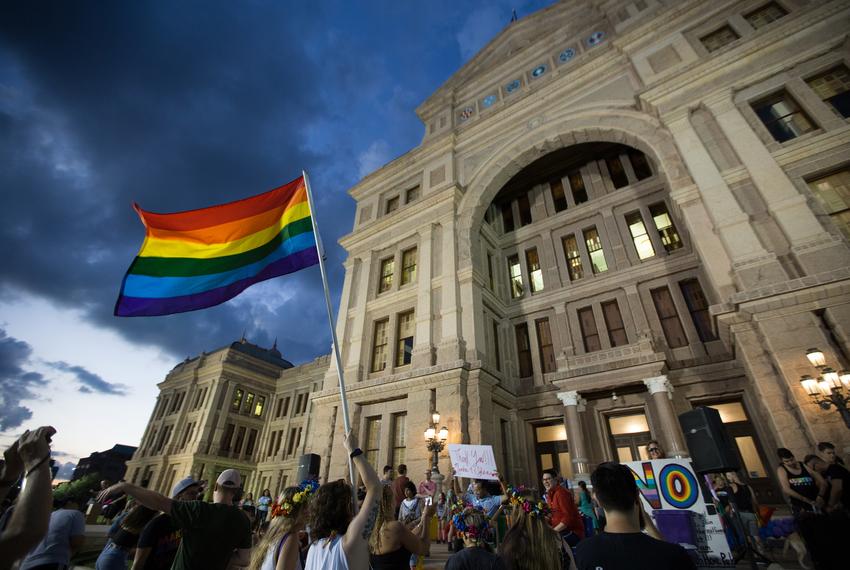
0 Comments